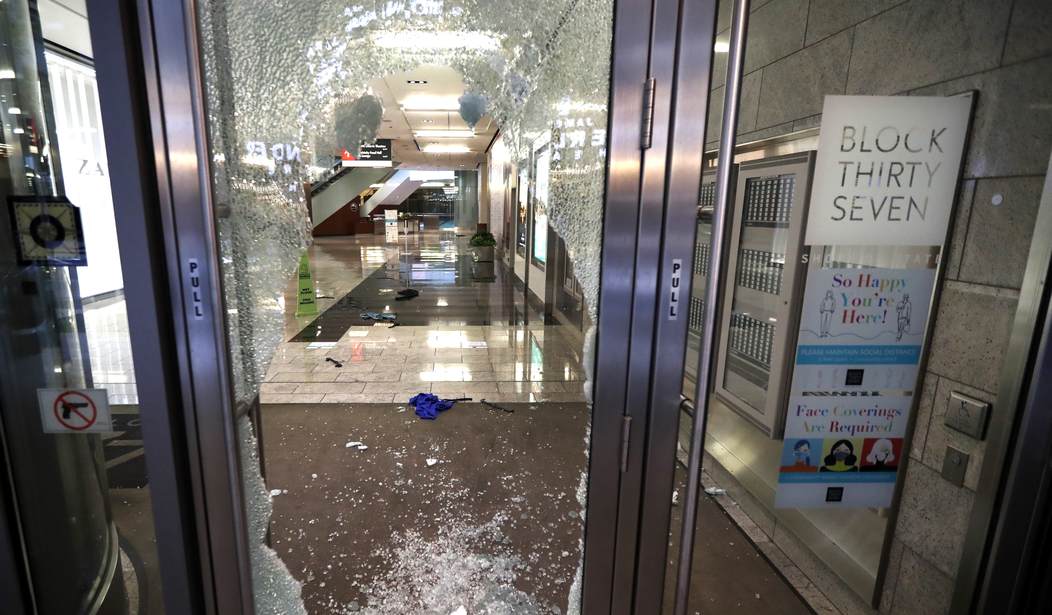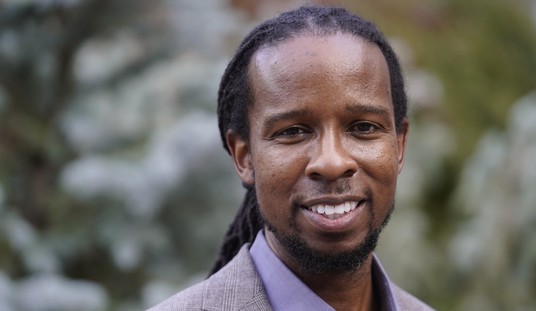We’ve provided plenty of coverage here of the ongoing plague of smash and grab, mass retail theft that’s been taking place across the country for the past few years. California is arguably the epicenter of this phenomenon, particularly after they decriminalized the theft of less than $950 worth of merchandise. Organized shoplifting rings have run rampant since then, with few suspects being apprehended and even fewer ever seeing the inside of a jail cell due to lax prosecution and “bail reform” laws. Many stores have simply given up and shut down their operations after being cleaned out so often.
But what do these thieves do with the mountains of merchandise they carry off? I’d been under the impression that most of it is sold off cheaply on street corners, and at least some of it certainly is. But an investigation by NBC News reveals that most of these thieves don’t need to risk selling the loot themselves. Many take their stolen goods to top-level distribution bosses who pay them low prices and resell the products online. And some of these bosses are now being prosecuted, but not because normal law enforcement caught up to them on their own. The larger retail stores have been conducting lengthy, high-tech investigations using their own security forces and turning over the information to the feds. One such retail theft boss in Georgia was Robert Whitley, who racked up millions in dollars in stolen merchandise with a huge warehouse to handle it all. And now he and his daughter are heading to prison.
Robert Whitley smiled wide as he showed off the mountains of merchandise inside his sprawling warehouse. There were stacks of paper towels that rose to the ceiling. Enough Huggies diapers to supply a day care. And large vats of blue and green laundry detergent of mysterious provenance…
From 2011 to 2019, he sold more than $6 million worth of stolen goods — everything from razors to Rogaine to teeth-whitening strips — on Amazon and other online marketplaces, according to court papers. Prosecutors say he paid professional shoplifters to steal specific items from drug stores, supermarkets and big box retailers across Georgia.
The case against Whitley was built not just by federal agents but corporate investigators with CVS, Target and Publix, representing the kind of collaboration that has grown more prevalent amid what industry groups say is a historic spike in organized retail crime.
The stores getting hit repeatedly by the smash and grab gangs have been hiring their own security forces headed up by former law enforcement officers. They collect video surveillance footage and other electronic data to follow the thieves and stake out places where people like “Mr. Bob” (Whitley) exchange cash for goods. Then they follow the kingpins back to their lair and begin collecting evidence that they turn over to the FBI.
Whitely’s ring was just one of more than 50 organized retail theft prosecutions that have been busted in recent years with the help of private security operations run by the stores that were being victimized. It’s a system that seems to work, and it may eventually stop some of these chain stores from closing down because of rampant theft.
You’ve probably already guessed that not everyone is happy with this success story. NBC reports that “civil liberties and privacy activists” are already clamoring to have such investigations stopped. They claim that private security personnel shouldn’t be collecting video of people engaged in crime because of privacy concerns and, of course, racism. But those objections are just a given at this point.
One shortcoming of these large-scale private investigative units is that they don’t go after the small fish who are doing the actual stealing. The retail outlets NBC spoke to said that they don’t bother turning in data on individual thieves. They only go after the wholesale traffickers like Mr. Bob. Removing the wholesalers from the streets probably makes it harder and riskier for the individual thieves to fence their stolen goods, but does that really discourage them from robbing in the first place? Looking at the number of these types of crimes that are still taking place, particularly in California, it doesn’t sound that way. Massive smash and grab robberies have become something of a new sport in America. And as long as the perpetrators aren’t being fully prosecuted and made to serve significant sentences for their crimes, the trend is unlikely to go away.








Join the conversation as a VIP Member